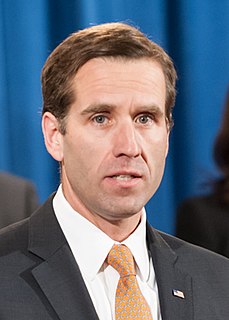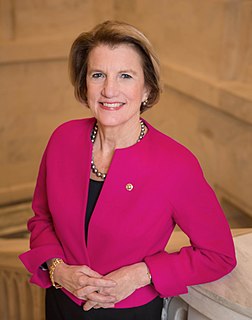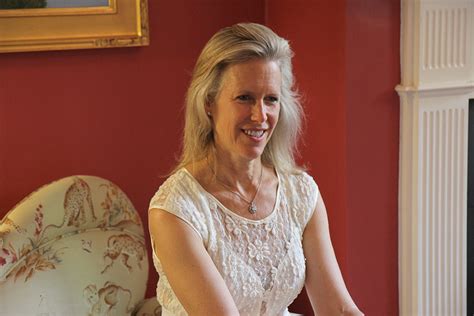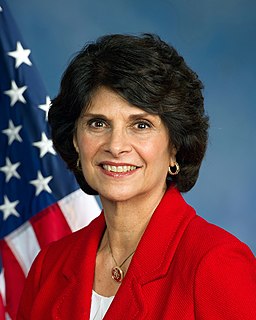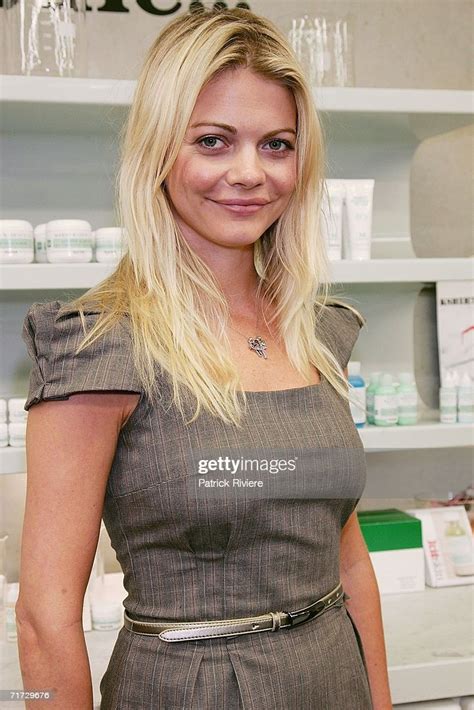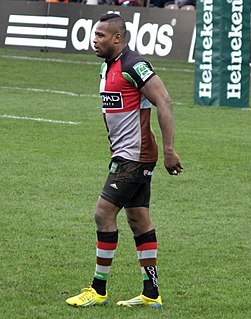A Quote by Rosario Dawson
As an advocate to end violence against women, I have come to learn that the shame surrounding domestic violence is a barrier to talking about the issue. #? PurplePurse provides victims and those who support the cause with information and resources they need to take the necessary actions to break the vicious cycle with confidence.
Related Quotes
I have been working with Women's Aid since 2003 when I became the charity's first Ambassador, and am so pleased to be able to be a part of the 'Real Man' campaign against domestic violence. I studied domestic violence at university and feel passionately that we need to raise awareness of violence against women and children and refuse to ignore it. Just by speaking out against domestic violence and being supportive of those directly affected we can all make a positive difference.
Violence against women is not random or anonymous. In West Virginia, 88 percent of sexual-assault victims already know their attacker. In my hometown, Alicia McCormick, an advocate for our domestic-violence shelter at the YWCA, was killed in her home by a man doing handiwork in her apartment complex. That one of my greatest advocates could fall victim to something she fought against her whole life was a tragedy that moved me to action.
I did not know that the first step in any domestic violence relationship is to seduce and charm the victim. I also did not know that the second step is to isolate the victim. The next step in the domestic violence pattern is to introduce the threat of violence and see how she reacts. We victims know something you [non-victims] usually don't. It's incredibly dangerous to leave an abuser, because the final step in the domestic violence pattern is to 'kill her'. Over 70% of domestic violence murders happens after the victim has ended the relationship.
Domestic violence can be so easy for people to ignore, as it often happens without any witnesses and it is sometimes easier not to get involved. Yet, by publicly speaking out against domestic violence, together we can challenge attitudes towards violence in the home and show that domestic violence is a crime and not merely unacceptable.
I must remind you that starving a child is violence. Suppressing a culture is violence. Neglecting school children is violence. Punishing a mother and her family is violence. Discrimination against a working man is violence. Ghetto housing is violence. Ignoring medical need is violence. Contempt for poverty is violence.
According to the CDC, more than one in three women and one in four men in the United States have been victims of domestic violence. It is a widespread public health problem, and every year 1,600 women and 700 men are killed by their intimate partners. One of the biggest risk factors that domestic violence will become fatal is the presence of a gun.
Although I haven't experienced violence in a relationship, I know that two women every week in England and Wales are killed by their partner or ex-partner, and that unless we act now, many more women will die because of domestic violence. We must speak out now against all forms of domestic violence, not only physical abuse but also the emotional, sexual and financial abuse which means that many women are afraid to be at home with their partner.
I was shocked to find out that 1 in 4 women are affected by domestic violence at some point in their lifetime. So many women never tell anyone that they are being abused by their partner. I have joined the 'Real Man' Women's Aid campaign to show that real men don't abuse women and that a real man will always stand up against domestic violence.






